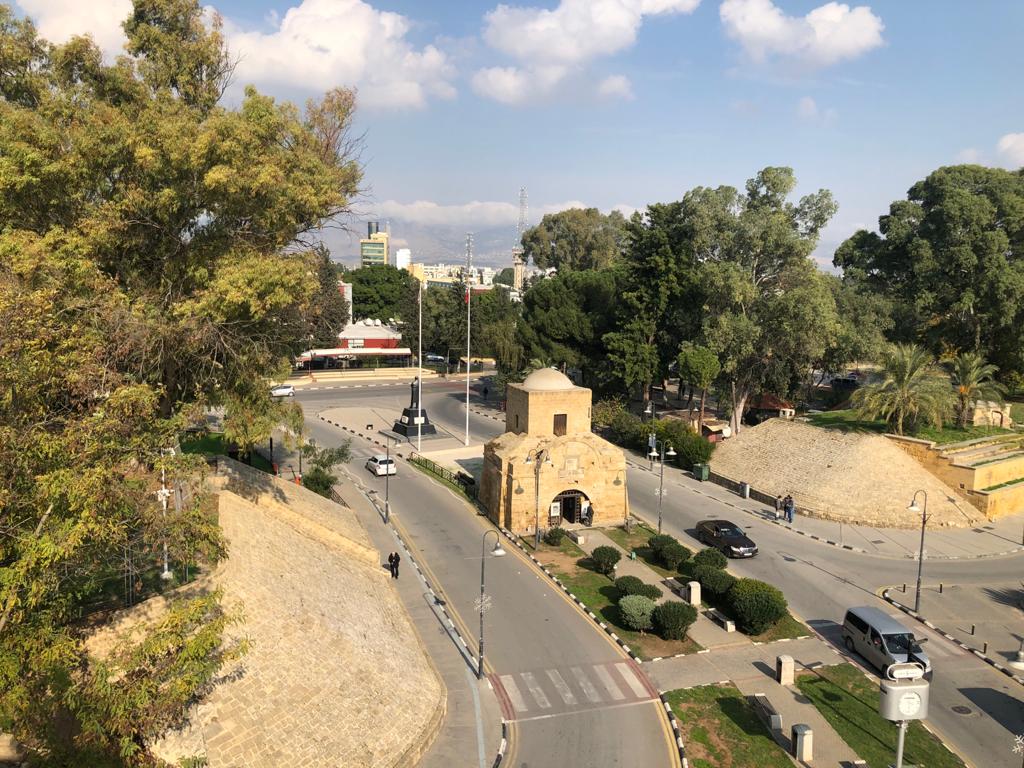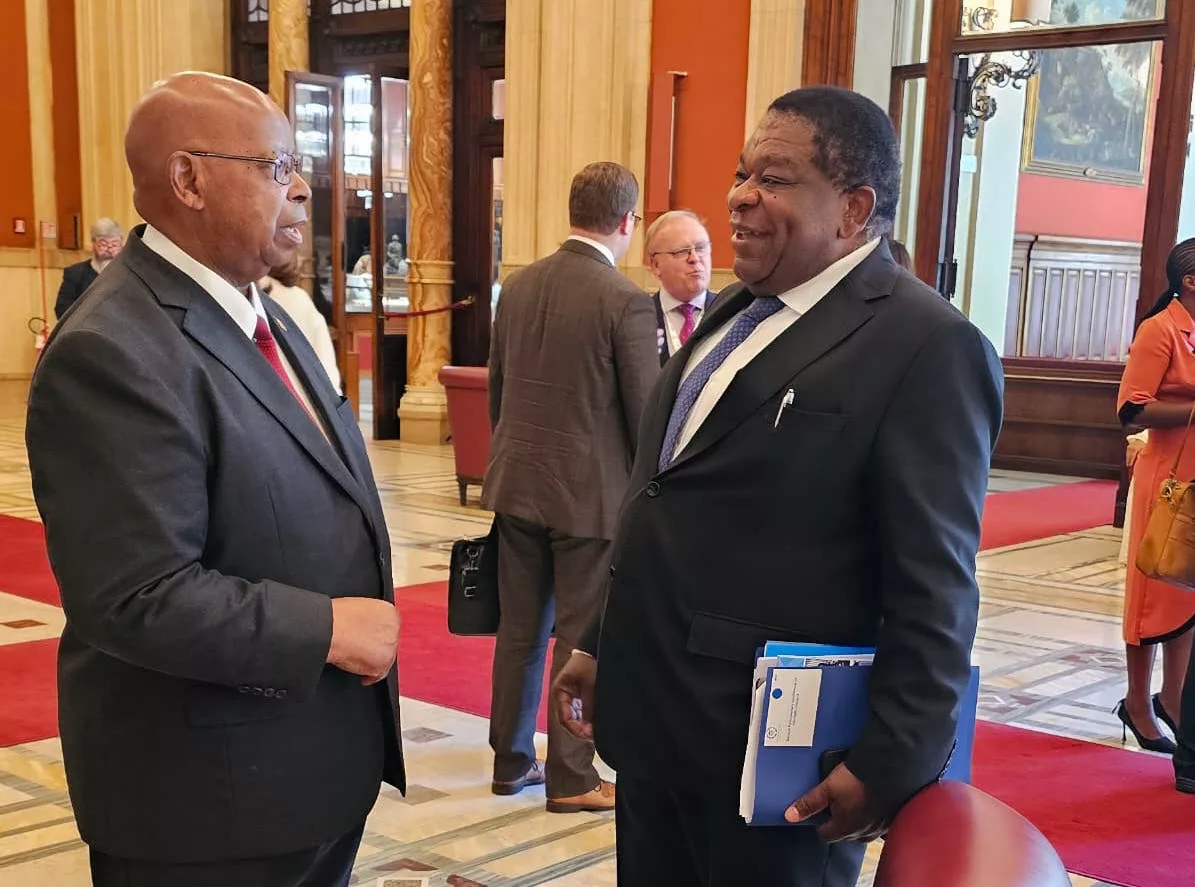Archbishop Hrisostomos has said something that has created an effect no different than an elephant entering a china shop. What he said was neither unknown, nor off the agenda. So why all this mayhem over what he said? It’s simple. The respected religious leader of the Greek community has made it clear that the political leader, albeit in a private context, “confessed” to him some time ago that he was considering a two-state solution to the Cyprus issue.
It is a huge political gaffe. Can you say that? Behind closed doors, some farfetched ideas can emerge when discussing strategy in private conversations. But can these “explosive” ideas, and words, be revealed?
Let me remind you. The Greek Cypriots and the Greek Cypriot-supporting leftist groups in North Cyprus claim today that “other than federation, there can be no Cyprus settlement.” That’s an opinion and, within freedom of thought, must be respected even if it might be an aloof and repeatedly failed proposition.
In fact, whose proposition was the federal solution? In 1959, the Greek side accepted the creation of the Republic of Cyprus, a unitary state with a de facto federal system, when the island became independent from British colonial rule. Was it because of some indecent photographs – as has been claimed since the 1960s – or some other considerations, Archbishop Makarios agreed to the power sharing constitution of the new state, as well as the guarantee system under which along with Greece Turkey deployed a small contingent of troops on the island. Britain agreed to leave the island, retaining two sovereign bases.
What we refer to today as the Cyprus issue began with a proposal from Makarios for a constitutional change to strip the power-sharing rights accorded to Turkish Cypriots in the constitution. When the constitutional amendment was not accepted by Turkish Cypriots and Turkey, plans for the massacre of the Turkish Cypriot people, a genocidal campaign, was put into effect in December 1963. It was a futile move, and it failed. Greek Cypriots repeated the same hideous genocidal plans many times up until the 1974 Greece-instigated coup that provoked the Turkish intervention.
The proposal for the establishment of a federation also became the U.N. parameter with the initiative of the Turkish Cypriot leadership. In two high level meetings, 1977 and 1979 summits, the two sides agreed that the goal of the Cyprus talks was to establish a bi-zonal and bi-communal federation, to be constructed on the principle of political equality. To that, effective political participation was added later.
A federal settlement, however, has always been an aloof idea. Why would Greek Cypriots who objected to federal arrangements within a unitary state accept a full-fledged federation with two zones and two peoples, sharing full political power? That’s indeed the summary of why a Cyprus settlement could not be reached over the past more-than-half-a-century of negotiations. Thus, on several occasions, founding President Rauf Denktaş of the Turkish Republic of Northern Cyprus pointed to this absurd situation and proposed a two-state solution to the Greek side. In short, the Greeks have always proposed a system of which they will have all the administration, yet still calling that unitary state a federation, where the Turkish Cypriot people would have privileged minority status, nothing else. That’s exactly what they’re still saying today, in different words. The Turkish side, on the other hand, under the name of the federation, generally defended a bi-zonal and bi-communal confederation of two states. That is, the Turkish Cypriots have always wanted a federation with a weak central government and the Greeks with a strong central government.
Anastasiades’ proposal for a decentralized federation after the Crans Montana collapse of talks in 2017 was a very important start in this respect, but not only has he managed to remain on track, the Turkish Cypriot President Mustafa Akıncı of the time, a committed federalist, encouraged him to step back.
However, with a federation, particularly after its unilateral entry into the EU, the Greek Cypriot side would have achieved their goal of annexation with Greece through the EU, as Turkey was out of the club. EU membership also made it impossible to resolve the Cyprus problem even in a confederal manner unless some special EU member-like rights limited to Cyprus were given to Turkey.
At this point, the idea of two states was born among people interested in a Cyprus deal, both on the island and outside. With Turkey granted EU member-like rights and powers limited to Cyprus, through the membership of the two states on the island in the EU, the Cyprus problem could become history without need for permanent derogations. As Turkish citizens would as well enjoy four-freedoms (the right to settle, own property, establish business and move freely) limited to Cyprus, Turkish Cypriots would neither be flooded with Greek settlers, nor might be bought out by rich EU investors.
SOURCE: www.hurriyetdailynews.com






